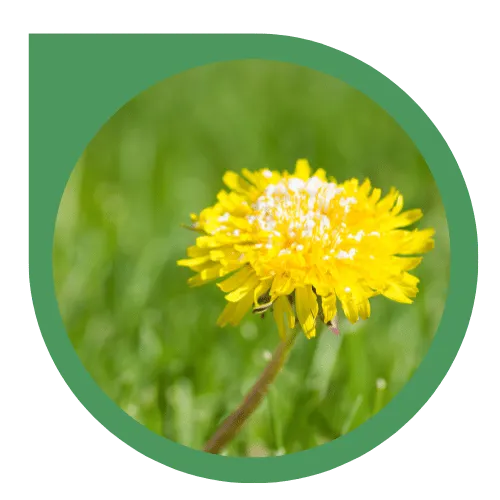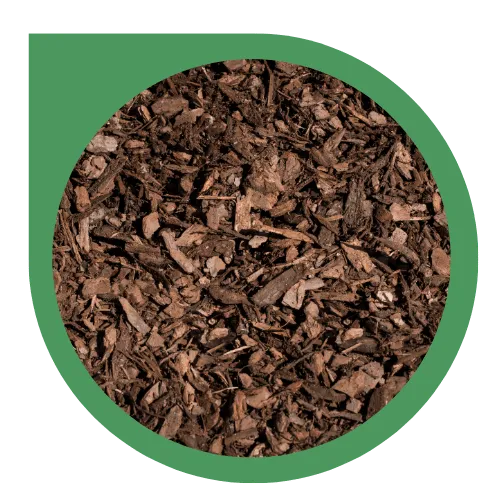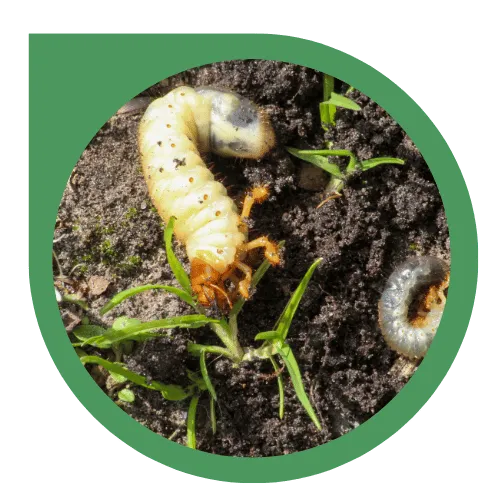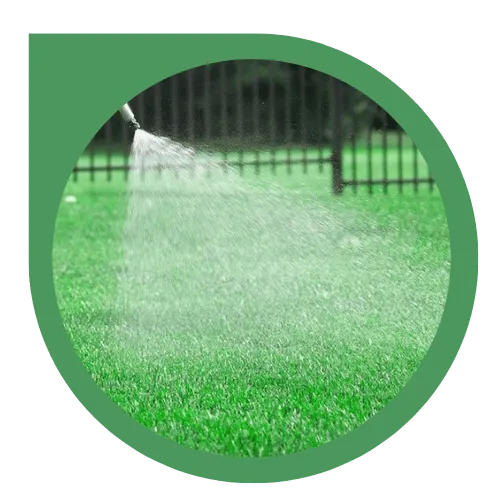The Best Lawn Fertilization & Weed Control in Utah
Looking for reliable lawn care in Utah? Eco Lawn Utah offers top-rated fertilization, weed control, and more. We proudly serve homeowners in Utah and surrounding areas, helping keep Utah lawns green and healthy year-round.
Our Lawn Services
We specialize in lawn care solutions tailored to the unique climate and soil conditions of Utah & surrounding areas.

Lawn Fertilization & Weed Control
Keeping Utah lawns weed free and lush.

Flowerbed Weed Control
Maintenance-free flower and mulch beds now possible with Eco Lawn.

Lawn Insect Control
We get rid of and prevent lawn pests from damaging your lawn. Safe & effective.

Browse Other Services
From fungus prevention to liquid aeration, we have everything to keep your home looking it's best. See our full offering.
Choose Your Plan
Basic
Lawn Fertilization
Lawn Weed Control
*All packages include monthly visits during the growing season.
Premium
Everything in the Basic Package plus..
Flower Bed Weed Control
Lawn Insect Control
Lawn Disease Control
Liquid Aeration
*All packages include monthly visits during the growing season.
Ultimate
Everything in the Premium Package plus..
Quarterly Perimeter Pest Applications
*All packages include monthly visits during the growing season.
Why Your Neighbors Trust Us With Their Curb Appeal
Eco Lawn Utah is a locally owned and operated. Unlike some of the national brands you can call us, talk to us, and see that we actually care about you and your lawn. The results and customer service speak for themselves.
Our Utah Service Areas
Turn Patchy into Pristine
Ready to elevate your lawn? Click the button below and our team will get your lawn looking golf course green in no time.
Use PROMO CODE FIRST100 to get a FREE SERVICE! Limited quantities available. Promo ends soon!


OUR SERVICES
LOCATIONS
CONTACT US
LEGAL
We’re on a mission to build a Weed-Free Utah
© Copyright 2025. Eco Lawn Utah. All rights reserved.

OUR SERVICES
CONTACT US
LEGAL
FOLLOW US
We’re on a mission to build a Weed-Free Park City!
© Copyright 2025. Eco Lawn Utah. All rights reserved.